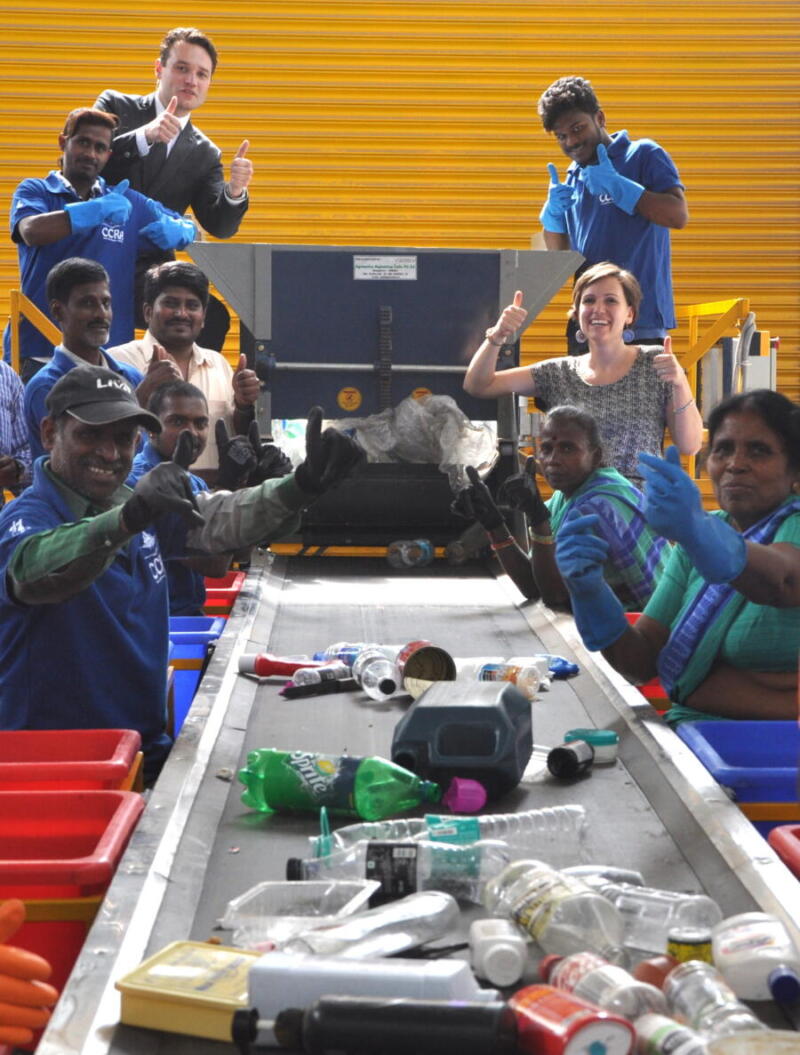Successful webinar on sustainable packaging
July 13, 2020
On July 8th the virtual conference Sustainable Packaging 2.0 was organised by the Indian CII-ITC Centre of Excellence for Sustainable Development. It attracted 86 participants, mainly from India. It was about design, innovation and solutions that could work in the Indian context.
The speakers for the session included SN Venkataraman( ITC PSPD, ITC Limited), Rowan Williams (BASF), Marianne Olsen (Norsk institutt for vannforskning NIVA), Cecilia Askham (NORSUS) and two speakers from The Netherlands: Freek van Eijk (Holland Circular Hotspot) and Siem Haffmans (Partners for Innovation). Read more below about their contribution to the webinar.
Photo: Sweepsmart

Contributions from The Netherlands
Siem Haffmans of Partners for Innovation shared lessons on design of packaging and touched upon new circular Business models for packaging from his book on fast moving consumer goods: products that flows. It was clear from discussions that multilayer packaging, Single Use Plastics are and issue everywhere including in India. Biodegradables that biodegrade under Indian conditions might be a solution for the Indian country side where no other options are available Mr. Haffmans mentioned.
Freek van Eijk of Holland Circular Hotspot shared the lessons learned the hard way in The Netherlands, the essential role of both value chain and public-private collaboration. For something to recyclable it needs to be collected, sorted, recycled and actually applied. He included best practices like Sweepsmart and Upp! that are tailored for the state of waste management in India as well as other innovations from The Bubble Barrier and research from TNO on chemical recycling. Questions that popped up where about how to get all stakeholders aligned and about the important role of the informal sector in India.He further outlined some of the interventions that are open to governments like setting up extended producer responsibilities with eco-modulation, landfill and incineration taxes, ban free plastic bags or plastic straws, giving the example with public procurement, bring actors together at national and international level and stimulate R&D for the future. Download his presentation handout.
